伯明翰大学
专业:Biochemical Engineering Masters/MSc/Diploma 生物化学工程
链接:
https://www.birmingham.ac.uk/postgraduate/courses/taught/chemical-engineering/biochemical-engineering.aspx
课程设置:
Modules
Introductory modules
Bioscience for engineers. 生物科学工程10 credits.
If you have not studied biological science during your first degree then this module is for you. Topics include: biochemistry, cell structure and characterisation, bioenergetics, fundamental molecular biology, cell signalling, histology and physiology. This module will also address the practical application of aseptic techniques and other methods for the handling, manipulation and containment of biological material. Many of the areas and concepts covered in this module will be developed further in subsequent modules.
如果你在第一个学位期间没有学过生物科学,那么这个模块就是为你准备的。主题包括:生物化学、细胞结构和特征、生物能量学、基础分子生物学、细胞信号、组织学和生理学。该模块还将讨论无菌技术的实际应用以及其他处理、操纵和控制生物材料的方法。本单元所涵盖的许多领域和概念将在以后的模块中进一步发展。
Process engineering fundamentals. 过程工程原理 10 credits.
This module introduces students from a non-chemical engineering background to the fundamental aspects of process engineering. The ideas and skills developed during the module are essential for anyone planning to work in the process industries. The module starts with material and energy balances and then looks at fluid flow, heat and mass transfer and reactor design. The mathematical skills required for this and subsequent modules will be developed through tutorials.
本单元介绍了非化学工程背景的学生,介绍了过程工程学的基本方面。在这个模块中开发的想法和技能对于任何计划在流程行业工作的人来说都是必不可少的。该模块从材料和能量平衡开始,然后观察流体流动、传热和质量转移和反应堆设计。这个和后续模块所需的数学技能将通过教程来开发。
Entry level graduates initially follow special conversion-course lectures in either process engineering or biological science topics, depending on their first degree. Students may attend both modules if they wish, but will only be examined on one.
入门级的毕业生最初会根据他们的第一个学位,在过程工程学或生物科学课题上进行特殊的课程授课。如果学生愿意,学生可以同时参加两个模块,但只会在一个模块上进行检查。
Core modules
Bioreaction Engineering. 生物工程问题 10 credits.
This module deals with the engineering science of bioreactor design; of the development of design tools which can be used to select and size equipment to carry out specific bioreaction tasks. Kinetic and engineering models are discussed along with mixing, flow and shear within bioreactions. Instrumentation and control strategies are also covered.
本单元涉及生物反应器设计的工程科学;设计工具的开发,可用于选择和尺寸设备来执行特定的生物操作任务。在生物反应过程中,讨论了动力学和工程模型,以及混合、流动和剪切。仪器和控制策略也包括在内。
Cell Factories. 细胞工程 20 credits.
This module defines and explains the principles of the large scale industrial production of a range of bioactive molecules (such as protein biopharamceuticals, amino acids and biopolymers) by fermentation and cell culture. The first part of the module discusses the basis for the choice of production system (insect, animal, bacterial, yeast and fungal cell) for the bioactive molecule of choice. The second part of the module concentrates on the interaction of the organism with the process environment, and understanding and modelling the scale-up of industrial processes. The final part of the module is practical, with laboratory scale and pilot scale bacterial fermentations.
该模块通过发酵和细胞培养,定义并解释了一系列生物活性分子(如蛋白质生物制药、氨基酸和生物聚合物)大规模工业生产的原理。该模块的第一部分讨论了选择生产系统(昆虫、动物、细菌、酵母和真菌细胞)的基础。该模块的第二部分着重于生物体与过程环境的相互作用,以及理解和建模工业过程的扩展。该模块的最后一部分是实用的,实验室规模和试验规模的细菌发酵。
Bioseparations。 生物分离 20 credits.
This two-week module introduces students to the theories and principles of general downstream processing – how products generated in fermentation or cell culture are isolated and purified. We cover the choice of recombinant protein hosts, cell disruption strategies, aggregation, fractional precipitation, centrifugation and centrifuges, conventional filtration and membrane separations. The second week addresses preparative chromatography and related/competing t
。echniques and whole process synthesis.
这个两周的模块向学生介绍了一般下游加工的理论和原理,即在发酵或细胞培养中产生的产品是如何被隔离和纯化的。我们讨论重组蛋白宿主、细胞分裂策略、聚集、部分沉淀、离心分离和离心机、常规过滤和膜分离的选择。第二周讨论的是制备色谱和相关/相互竞争的技术和整个过程的合成
Frontiers in Interdisciplinary Bioscience. 跨学科生物学科前沿 10 credits.
This module explores the application of systems and synthetic biology in the bioprocess industries. Molecular tools are explored that allow us to discover how cells are responding to processes, and how cells can be engineered to generate new products. The coursework assessment includes the design of a cell to generate a product such as the antimalarial drug Artemisinin or biologically-generated petrol.
本单元探讨了生物技术工业中系统和合成生物学的应用。我们探索了分子工具,让我们能够发现细胞是如何对过程做出反应的,以及细胞如何被设计来产生新产品。课程评估包括设计一个细胞来产生一种产品,如抗疟药物青蒿素或生物生成的汽油。
Research project (MSc only). 60 credits. 研究项目
The Centre for Biochemical Engineering is one of the major international research institutes in Europe. Our interdisciplinary summer projects fully exploit links within this and with other schools, and also with industry, offering opportunities to join teams of high calibre research staff. The project consolidates course work and intensive research experience in an exciting way, providing a route to technological publications, and rounding off the year of study in a satisfying way.
生物化学工程中心是欧洲主要的国际研究机构之一。我们跨学科的暑期项目充分利用了这一领域和其他学校的联系,以及与工业界的联系,提供了加入高水平研究人员团队的机会。该项目以一种令人兴奋的方式整合了课程工作和密集的研究经验,为技术出版物提供了一条途径,并以一种令人满意的方式结束了为期一年的学习。
Optional themed modules – choice of 50 credits (MSc and Diploma)
Pharmaceutical Technology 制药技术
Plant design and manufacturing principles for pharmaceutical production.制药生产的工厂设计和制造原则。
10 credits.
This module provides students with an understanding of the engineering and operational issues involved in the manufacture of new chemical and biological products for the biotechnology, pharmaceutical and healthcare industries. Topics include the design and layout of pharmaceutical manufacturing facilities, principles of quality assurance (QA), good manufacturing practice (GMP), quality control (QC) and validation. Cleaning (CIP), sterilisation methods, aseptic processing and containment are also discussed. Part of the module is delivered by external speakers from industry.
这个模块为学生提供了对生物技术、制药和医疗行业新化学和生物产品制造过程中所涉及的工程和操作问题的理解。主题包括制药生产设施的设计和布局、质量保证原则(QA)、良好的生产实践(GMP)、质量控制(QC)和验证。还讨论了清洗(CIP)、灭菌方法、无菌处理和控制。该模块的一部分由来自行业的外部扬声器提供。
From bench to market: the development of pharmaceutical drug products.从实验室到市场:药品药品的开发。
10 credits.
From the latest technologies used in drug discovery through to post market surveillance activities – this module looks at the stages involved in the multimillion pound process of drug product development. You will learn about drug discovery in the post genomic era, preclinical studies, clinical trials, pre-formulation and formulation activities, manufacturing considerations and regulatory procedures.
从药物发现的最新技术到发布市场监测活动,这个模块着眼于在药物产品开发过程中涉及到的各个阶段。你将在后基因组时代、临床前研究、临床试验、预配方和配方活动、制造方面的考虑和监管程序中学习药物发现。
Design and development of drug delivery systems. 药物输送系统的设计和开发
10 credits.
Drugs are rarely administered to patients solely as chemical or biological substances – instead, they are first formulated into dosage forms or drug delivery systems. This module examines a range of available methods and technologies for the delivery of chemical and macromolecular drugs (peptides, proteins and nucleic acids) and concentrates on the scientific and engineering principles underpinning their design.
药物很少被单独作为化学或生物物质来管理,而是首先被制成剂型或药物输送系统。这个模块检查了一系列用于化学和大分子药物(多肽、蛋白质和核酸)的可获得的方法和技术,并将重点放在支持它们设计的科学和工程原理上。
Food Engineering Theme 视频工程主题
Food structure for performance. 食物结构的性能 20 credits.
Food plant and process. 食品工厂和过程 20 credits.
Pest management and cleaning systems. 害虫管理和清洁系统 10 credits.
Pest management and cleaning systems are basic requisites in all types of food businesses to ensure safe production of food, whether small or large. This module will provide the knowledge and understanding to control the hazards associated with pests and fouling. Lectures will take place on the biology and ecology of common food pests, cleaning materials and methods and the importance of hygienic design. There will be a range of problem solving workshops to apply this new knowledge and evaluate pest management and cleaning systems. This module is essential for anyone who wishes to work in hygiene management sector of the food industry.
害虫管理和清洁系统是所有类型的食品企业的基本要求,以确保食品的安全生产,无论大小。该模块将提供知识和理解,以控制与害虫和污垢相关的危害。讲座将在普通食物害虫的生物学和生态学、清洁材料和方法以及卫生设计的重要性上进行。将会有一系列的问题解决研讨会来应用这些新知识,并评估害虫管理和清洁系统。这个模块对于任何想在食品行业卫生管理部门工作的人来说是必不可少的。
Chemical contamination of food and water. 食物和水的化学污染。10 credits.
You will learn about the importance and effects of the major classes of chemical contamination in food and drinking water. Additionally, you will be made aware of a) sources of contaminants, b) methods of treatment of food and water and c) the importance of contaminants in food relative to other uptake pathways. Legally accepted chemical additives will also be considered in this module.
你将了解到食品和饮用水中主要的化学污染的重要性和影响。此外,你将会意识到a)污染物的来源,b)食物和水的处理方法和c)食物中污染物相对于其他摄取途径的重要性。在本单元中也将考虑法律认可的化学添加剂。
Sustainability in the food industry. 食品工业的可持续性 10 credits.
Sustainability and the need to address environmental issues is a significant driver in the food industry. It has a major impact on the production and therefore the safety of food. This module provides an overview of the main issues facing the industry, including the economic, legislative and political contexts which influence the options available to the industry.
可持续性和解决环境问题的需要是食品行业的一个重要驱动力。它对生产和食品安全有重大影响。该模块概述了该行业面临的主要问题,包括影响该行业可用选项的经济、立法和政治环境。
Principles of nutrition. 营养原则 10 credits.
Business Studies Theme 商业研究主题
Effective project management. 10 credits. 有效的项目管理
This module introduces project management and covers economic project appraisal, resource management, safety awareness, project planning and critical path analysis. There are exercises on critical path analysis, time management and team working.
本模块介绍项目管理,包括经济项目评估、资源管理、安全意识、项目规划和关键路径分析。有关于关键路径分析、时间管理和团队工作的练习。
Business methods, economics and strategy. 商业方法,经济和战略 10 credits.
The module is divided into three sections: 1) human relations; 2) economics; and 3) strategic analysis. Examples of topics discussed include: theory of the firm; managing change and conflict in the workplace; communication and methods of communication analysis; economic models; and strategic decision making.
该模块分为三个部分:1)人的关系;2)经济学;和3)战略分析。讨论的主题包括:公司理论;管理工作场所的变化和冲突;沟通和交流分析方法;经济模型;和战略决策。
Marketing and total quality management. 市场营销和全面质量管理。10 credits
The module provides a comprehensive introduction to the concepts of consumer behaviour, marketing and market planning and research and concepts of total quality management in engineering companies.
该模块全面介绍了工程公司的消费者行为、市场营销和市场规划、研究和总体质量管理的概念。





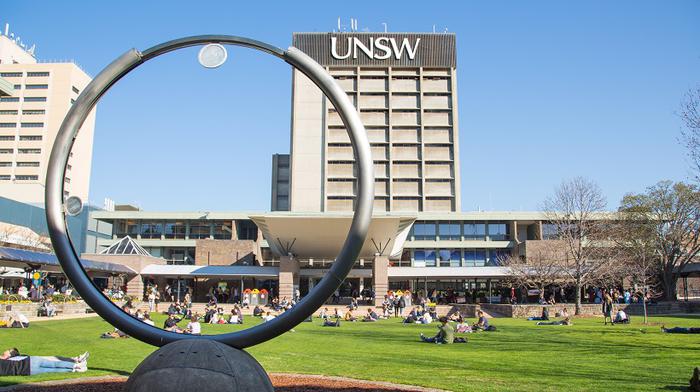
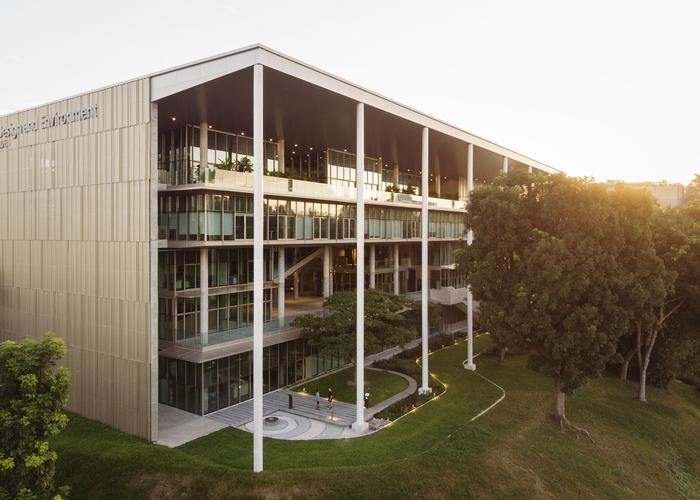
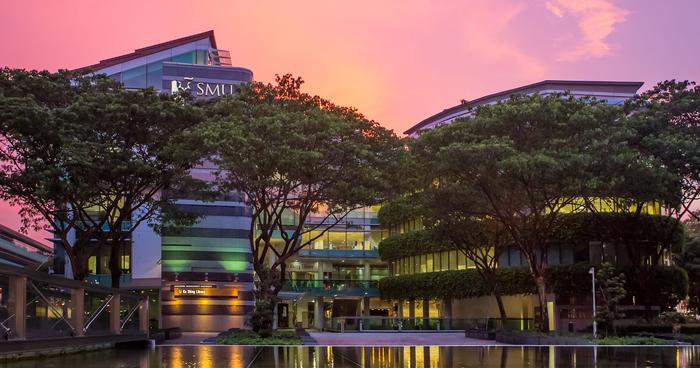
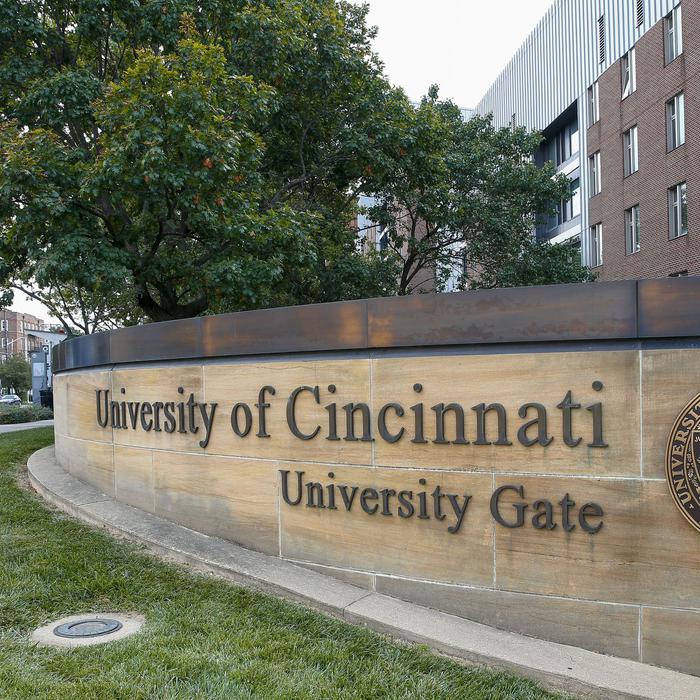
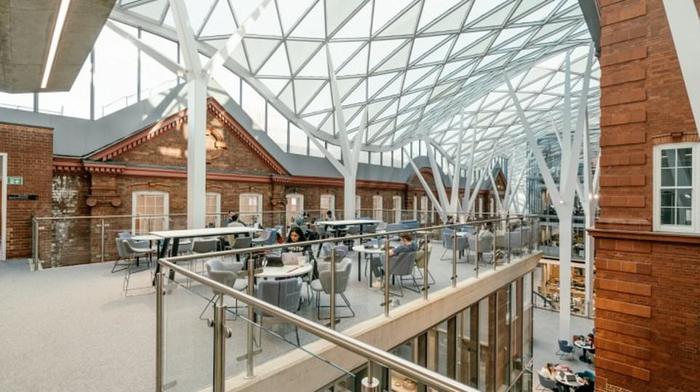
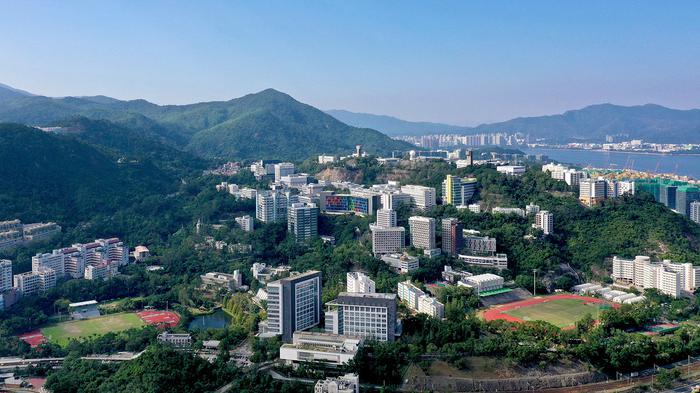
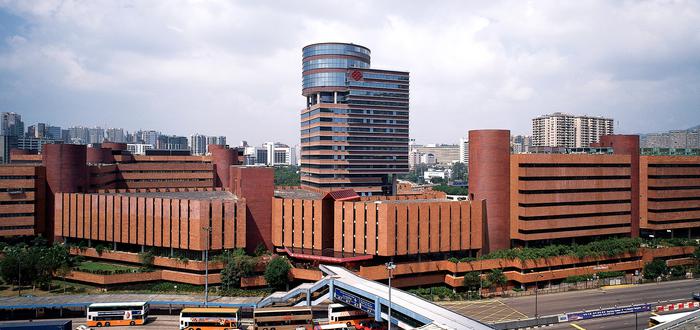

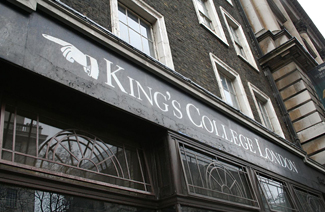 伦敦国王学院
伦敦国王学院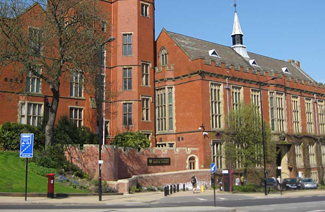 谢菲尔德大学
谢菲尔德大学 曼彻斯特大学
曼彻斯特大学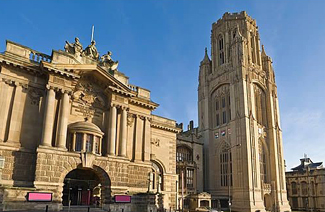 布里斯托大学
布里斯托大学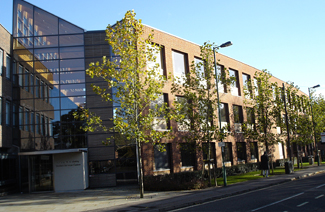 南安普顿大学
南安普顿大学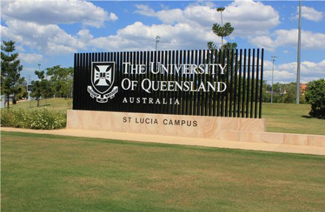 昆士兰大学
昆士兰大学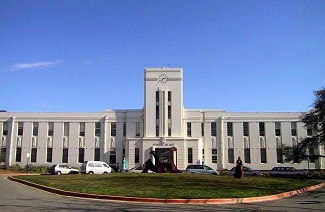 澳洲国立大学
澳洲国立大学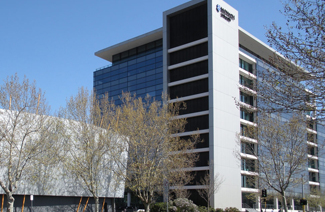 莫纳什大学
莫纳什大学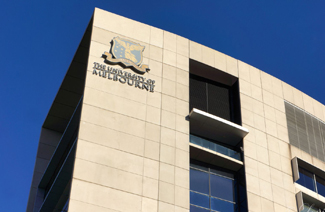 墨尔本大学
墨尔本大学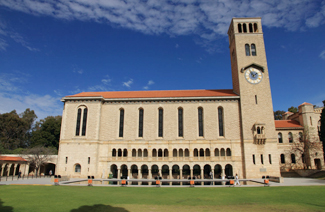 西澳大学
西澳大学 日本大学排名
日本大学排名 英国金融专业
英国金融专业 美国博士留学
美国博士留学 美国留学一年费用
美国留学一年费用 美国留学注意事项
美国留学注意事项 美国留学申请
美国留学申请 加拿大奖学金
加拿大奖学金 新西兰留学专业
新西兰留学专业 新西兰留学方案
新西兰留学方案 新西兰留学申请
新西兰留学申请